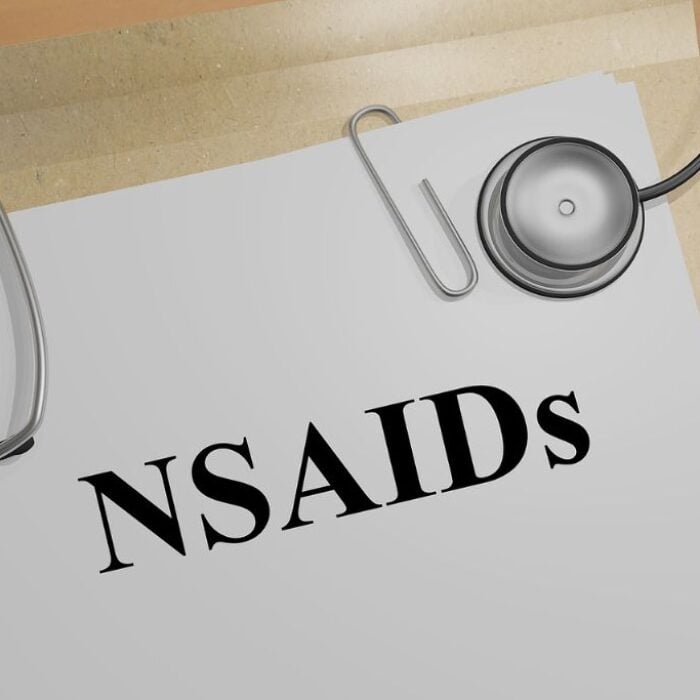As with all prescription drugs, codeine, an opiate pain reliever and cough suppressant can cause a host of side effects. Information accompanying prescription drugs is required to list possible codeine side effects, warnings, and other drug information. A side effect is a secondary effect or reaction, sometimes undesirable, caused by a drug or therapy. Codeine is used to treat mild to moderate pain and can be habit-forming.
Side effects can range from serious to less serious and may vary from patient to patient. Some side effects can be exacerbated by other drugs or alcohol. Dangerous side effects can result from combining prescription medication with sedatives, tranquilizers, muscle relaxers, or other narcotic pain medications. This can make patients sleepy, or experience slowed breathing. Patients must read their prescription information to familiarize themselves with these effects. An individual’s personal sensitivity and how they metabolize a drug can also impact the side effects experienced.
Codeine Side Effects and Risks
Less serious side effects reported with codeine use include headache, sweating, nausea, vomiting, constipation, feelings of dizziness or drowsiness, sleeping problems, blurred vision, dry mouth, mild skin rash, and loss of interest in sex. Patients should get emergency medical help immediately if they experience one or more symptoms considered to be more severe. This includes signs of an allergic reaction, including swelling of the face, lips, tongue, throat, hives, or difficult, labored breathing. Other serious side effects could include slowed heartbeat, shallow breathing, fainting, lightheadedness, unusual thoughts or behavior, confusion, agitation, hallucinations, convulsions, seizures, or problems with urination. Vitamins, herbal supplements, and minerals could also interact with codeine, heightening side effects. Patients should always tell their doctors if they’re taking any of these.
Codeine Use can Also Lead to Addiction
Side effects can also develop from ingesting an incorrect amount of codeine. Whether through error or intentional action, misuse of codeine can lead to the development of tolerance, dependence, addiction, or overdose. A Vicodin addiction can be serious and requires a proper medical detox to manage withdrawal and help patients on their road to recovery. Responsible drug use is important, especially when dealing with potentially addicting substances. Addiction can also be considered an adverse side effect with drugs including codeine and other opiates such as Methadone, OxyContin, and Fentanyl. Physical codeine addiction has developed if withdrawal symptoms appear once used is stopped abruptly or gradually tapered.
Waismann Method® Codeine Treatment
The Waismann Method of rapid detox offers a premiere and highly successful treatment program for Codeine detox. The rapid detox program offers opiate-free treatment for Codeine addiction. Our success and safety ratings are unparalleled in the industry, and our professional staff targets addiction on every front. The procedure is quick, thorough, and gets you drug-free in a matter of days. Located exclusively in So. California, patients fly from all over the world into our full service accredited hospital. They are always admitted to a private room where the appropriate Codeine treatment is designed to meet patients’ individual needs.













